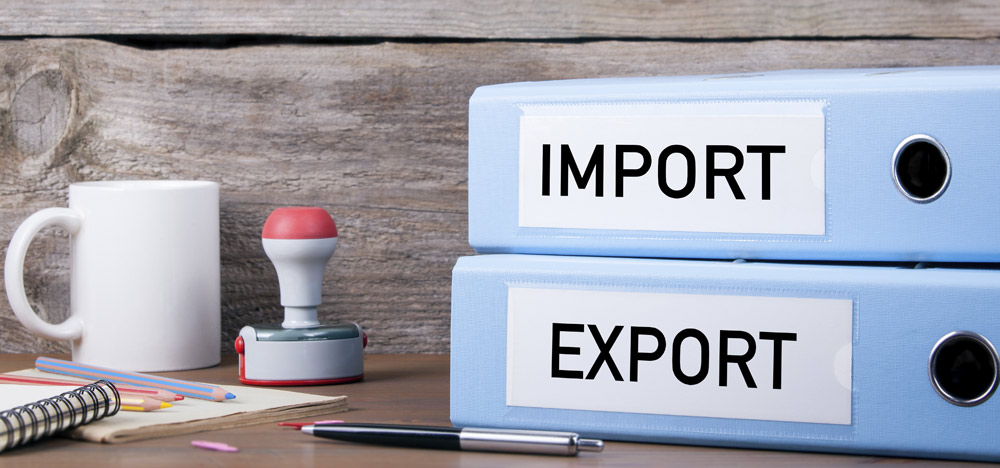Importing international goods requires several steps–often handled at the federal level via the customs process administered by U.S. Customs and Border Protection (CBP).
Importation requires four types of import/export documents to allow commodities to enter the country. Customs clearance costs are determined by the nature of the imported commodities, the tariff code, customs valuation, tariff treatment, duty rates, packaging type, gross and net weight, volume, clearance process duration, and the number of entry lines.
A customs checklist generally includes the following customs documents:
- Shipping documents, including the bill of lading, commercial invoice, packing list, and any other necessary documents.
- Customs forms (these forms vary based on the type of goods and the destination country).
- Product description and classification and the value of goods (these forms determine the customs duty and tax rates).
- Information on the country of origin (this information can also affect the duty rate).
In addition, it’s important to remember that certain imported goods may be prohibited or restricted from import or require specific licenses or permits you may need to obtain before shipping. You’ll also want to understand and comply with relevant International Commercial Terms (Incoterms). Incoterms specify the responsibilities and obligations of the buyer and seller in international trade.
How to keep ahead of costs
Accuracy is essential if you’re looking for ways to bypass or reduce the cost of customs processing. Here are a few tips to speed up the process:
- Make sure your commodities have the correct tariff classification, follow the proper tariff treatment and regulations from the country of origin, and have the appropriate value declared. A reliable customs broker can help here.
- Regularly request proposals and quotations from your broker to make price comparisons, thereby ensuring you’re getting the best service for their price.
- Schedule shipments to arrive at customs when they’re in operation and have a minimal workload to avoid lengthy holding periods. Check with your broker if your shipments qualify for tax and duty refunds. Finally, be certain you’re obtaining and/or producing all the necessary documents for a given country while avoiding wasting money on unnecessary documentation.
- Take advantage of trade agreements since many countries have trade agreements that reduce or eliminate customs duties and taxes on imports and exports.
- Work with a customs broker who can help you navigate the customs process, ensure compliance with regulations, and avoid penalties and fines.
- Invest in training for your staff so they understand the customs process, and you can avoid costly mistakes and reduce the time and cost associated with customs processing.
Ready to get started?
Nexterus’ International team, including multiple licensed Customs brokers, analyzes each product line, shipment configuration, and shipment lane to book shipments with qualified, cost-effective, and efficient carrier providers. We arrange all shipment details for your import and export needs. Nexterus manages all freight forwarding, customs clearance, government compliance advice, and shipment tracking requirements. We have a global network in every developed country that arranges daily logistics between countries outside the U.S. To learn more, contact Nexterus.



